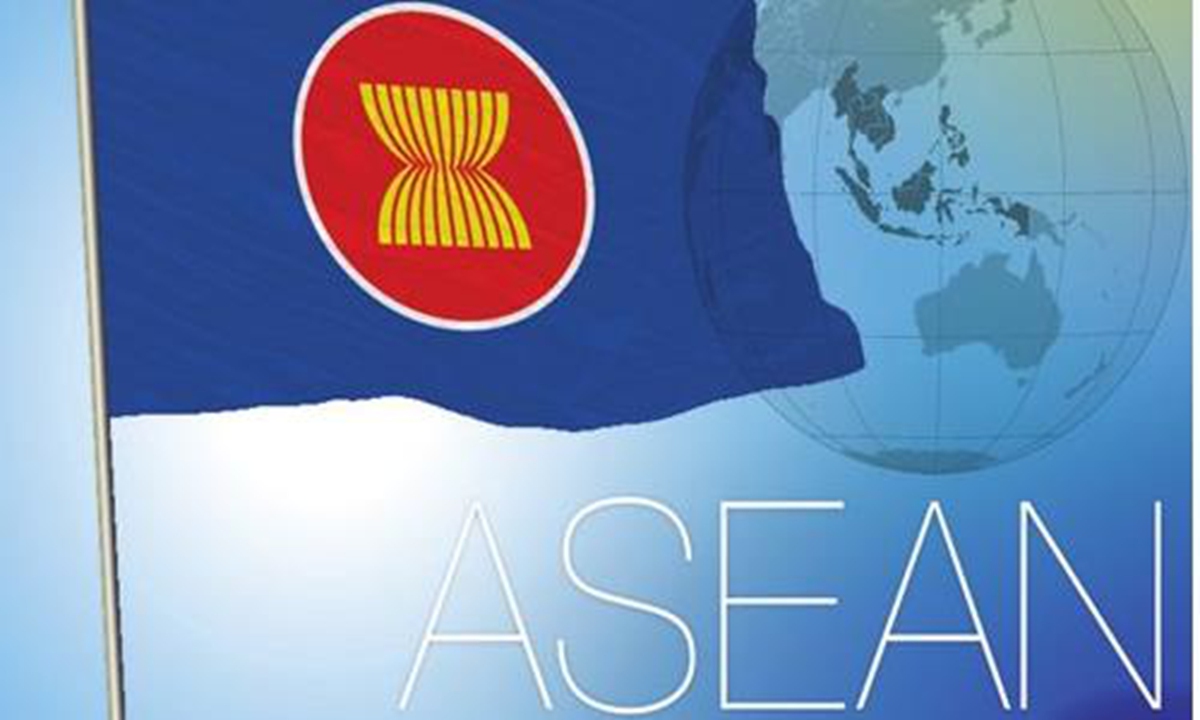
File photo
With Southeast Asia emerging as a crucial region for so-called "influence" competition between the US and China, whether the Association of Southeast Asian Nations (ASEAN) will be leaning toward Beijing or Washington will be closely scrutinized.A new survey by Singaporean think tank ISEAS Yusof-Ishak Institute showed that 61.5 percent of the respondents believed the Southeast Asia should pick the US over China, if ASEAN was forced to pick sides amid the US-China rivalry. Meanwhile, at a recent webinar organized by the Hinrich Foundation, scholars said that seven of the 10 ASEAN member countries seem to be leaning toward China, due to the US' "neglect" of Southeast Asia, according to media reports.
While the Singaporean think tank's survey was based on a poll of more than 1,000 academics, government officials and business elites, it may be far from reflecting the actual preference and the evolving trend of regional companies and the economies.
From the economic perspective, this kind of hype about picking a side between two economic powers is very misleading for the Southeast Asia region, and may diminish regional development opportunities instead of bringing about any substantial benefits.
It is worth noting that, despite ASEAN's rising status in the global production and trade value chain, most countries in Southeast Asia lack solid industrial infrastructure and don't have a complete industrial chain, so naturally, these economies need to be broadly and deeply intertwined with other manufacturing powers when it comes to promoting their own manufacturing strength.
Moreover, while ASEAN owns a population of more than 600 million, consumer markets are relatively small in most ASEAN countries. Their economic growth hinges to a large part on the ties with other large consumption markets like the US and China. In this sense, industrial chain and market scale are the major factors determining ASEAN's future preference for economic cooperation.
The US influence in Southeast Asia is undeniable, economically and geopolitically. Even though the Biden administration's policies in Southeast Asia remain unclear, regional optimism toward the prospects under Biden's presidency is on the rise.
And, the economic and trade connections between China and ASEAN countries are growing ever stronger each passing year. ASEAN has overtaken the EU to become China's largest trading partner in 2020. The newly inked Regional Comprehensive Economic Partnership (RCEP) is also expected to boost investment and trade ties between the two sides.
In fact, economic competition between the US and China, coupled with the coronavirus pandemic, may provide Southeast Asian countries with a good development opportunity in reorganizing the region's industrial chain and building up its manufacturing base. Given its rising importance in the regional value chain, there is no need for Southeast Asia to revise its neutrality for engaging in closer economic cooperation with both powers.
Most ASEAN countries have their own societal problems and unique national conditions, and steady economic development can help alleviate pressure faced by the member countries. It will be wise for ASEAN economies to maintain their independence in making economic policies, and continue to nurture mutually beneficial trade partnerships with the major powers.



